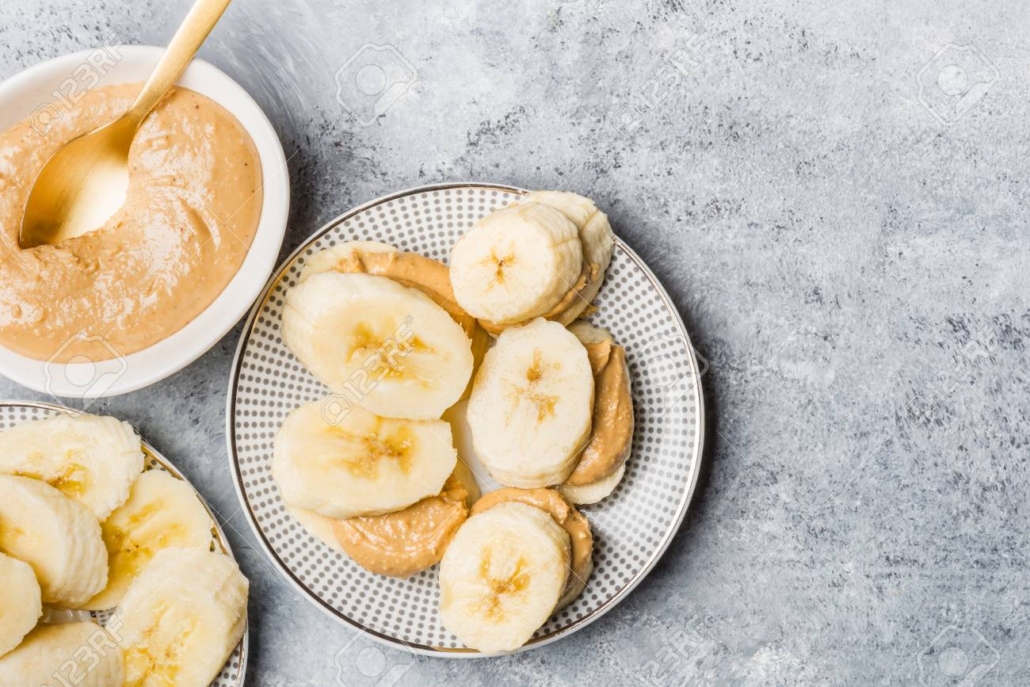Is Kindness Contagious?
By Katelyn Millinor, LPC | Behavioral Health Quality Manager
Being kind to others is known to have lasting effects on our mental and physical health. But have you heard that kindness is contagious? That’s because it is!
Being kind lights up the pleasure center of the brain and releases serotonin and oxytocin.
- Serotonin centers our mood, happiness, and overall feelings of well-being.
- Oxytocin, often known as the “love hormone” controls social interactions, triggers the bond between mother and infant, and so much more.
The release of the hormone oxytocin is tied to decreasing blood pressure and reducing inflammation. Therefore, kindness feels good and is actually good for you.
Catching Kindness
Have you ever had a stranger pay for your coffee or hold the door for you? Experiencing an act of kindness can bring a smile to your face and improve your mood. In today’s fast-paced world, these gestures can be even more meaningful. Kindness benefits both the giver and the receiver.
We often attach kindness to feelings of happiness. We may think of happiness as a mood or emotion, but really we are usually just feeling neutral which can make you feel cheerful. The feeling of happiness comes and goes with things like giving or receiving kindness, giving a compliment, or getting good news.
So, how can you continue giving random acts of kindness during a global pandemic? The possibilities are endless. With technology, people can send thoughtful text messages, social media comments or posts, Zoom or FaceTime interactions, and more. Outside of technology, think about leaving your mail carrier a “Thank you” letter, sending a picture or card to a front-line worker, or simply making a nice comment while picking up your groceries. Here are a few other ways to spread kindness in your day.
Everyone has experienced some sort of increased stress during this pandemic. That’s why kindness – in big and small ways – is more important than ever. Your one random act of kindness could change someone’s day and start a chain reaction of kindness!


